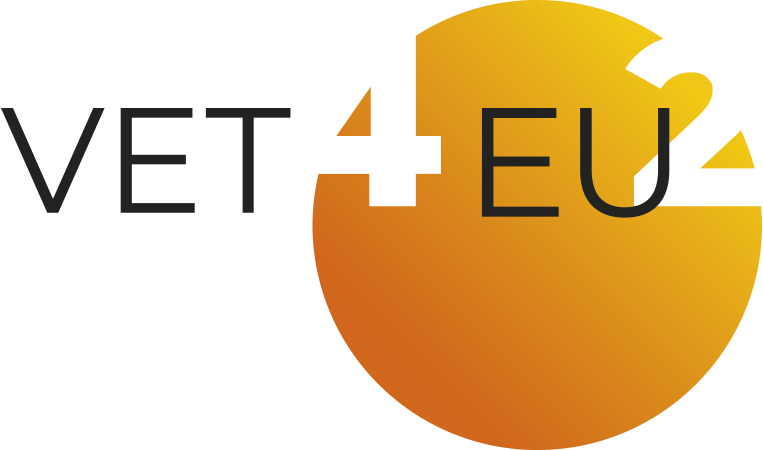What is WP2 all about?
Work Package number 2 of the VENHANS project tackles one of the main themes addressed by the VENHANS project, i.e. Networking. More specifically, it pursues two of the objectives set already by the call for proposals, namely:
1. The establishment or strengthening of networks and partnerships among VET providers at a national, regional or sectoral level. The VENHANS project is addressing this goal:
- by aiming to increase the representativeness of VET providers at national/regional level, expanding memberships and stimulating VET networking, particularly between VET providers and companies, with a special focus on territories under-represented in the VET policies’ definition.
- through the promotion of VET provision’s quality improvement, propagating the concept of excellence in VET, exploiting best VET learning tools and practices, fostering the concept of benchmarking as a reference to create development strategies, adopting bottom-up approaches to valorize local contributions.
2. The enhancement of cooperation among European umbrella organizations of VET providers. The VENHANS project is addressing this goal by means of the work of the VET4EU2 platform, allowing maximum synergies and joint efforts to sustain and support decision makers in the VET policies development and deployment in all EU member states.
How are we going to achieve this?
The activities foreseen by WP2 – Networking revolve around 4 main tasks:
- EXTEND PARTNERSHIP: A Networking Roadmap is being prepared in the framework of this WP, including: the outcomes of interviews, surveys, exchanges and studies on the topic of networking, internationalization and representativeness in VET; a networking strategy rationale; the identification of intervention priorities (under-represented countries / institutions) and a SWOT analysis of the networking framework of the identified countries/institutions. The roadmap will also include the visit programme for four Peer Learning Reviews, which will be organized in four different under-represented countries, with the aim of visiting interested new partners and setting up networking agreements.
- QUALITY-LABEL EXCELLENCE CATALOGUE: The main outcome of this activity will be the realization of a series meetings of the coordinators of ten of the excellence centres present in the Quality Label catalogue (link), plus at the most four new candidates. The focus of said meetings will be to update the analysis of the qualitative elements characterizing the catalogue nodes, to evaluate the received feedback and consequently fine tune the training visits’ programme, as well as to discuss/evaluate the new candidates willing to become part of the catalogue. This activity will be accompanied by a dedicated promotional campaign fostering an overall reflection on the theme of excellence in VET, and how that is being tackled by the VENHANS partners and stakeholders.
Coming up: VET4EU2 Event on the topic of VET Excellence in Europe – 27 May ’21 - GO+LEARN EU NETWORKING: Go+Learn is a model and a methodology that interconnects key representatives of VET and education, economy/production and institutional stakeholders. Such networking is guided by a clear and shared strategy aiming at the improvement of the VET system and at matching the demands of the labour market, to:
– organise initiatives of non-formal/in-formal learning for teachers, trainers and learners through thematic seminars/visits carried out in companies
– promote experiences of the “in company seminars” to improve teaching methodologies and orientation for students.
In this perspective, a group of GO+ animators was set up and trained during two workshops, to promote and sustain the establishment of Go+Learn nodes in identified regions, with the objective of involving and activating key stakeholders at local level. At European level Project partners participate in the coordination of the GO+LEARN EU node that promotes the model while interconnecting the local nodes. - EVTA INTERNATIONAL EXPERT GROUP: The main product of this activity will be a publication based on the outcome of the discussions of the EVTA international expert group, summarising the main findings on two identified topics (1- work-based learning challenges: remote working and e-learning; 2- technology enhanced learning and distance training). It will be a policy document including also a set of recommendations for the European Commission and contributing to the EVTA Strategy 2020-2025.
Stay tuned to find out more on all these activities and see how we will follow up!
